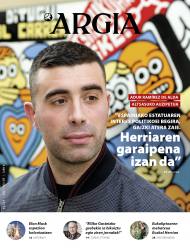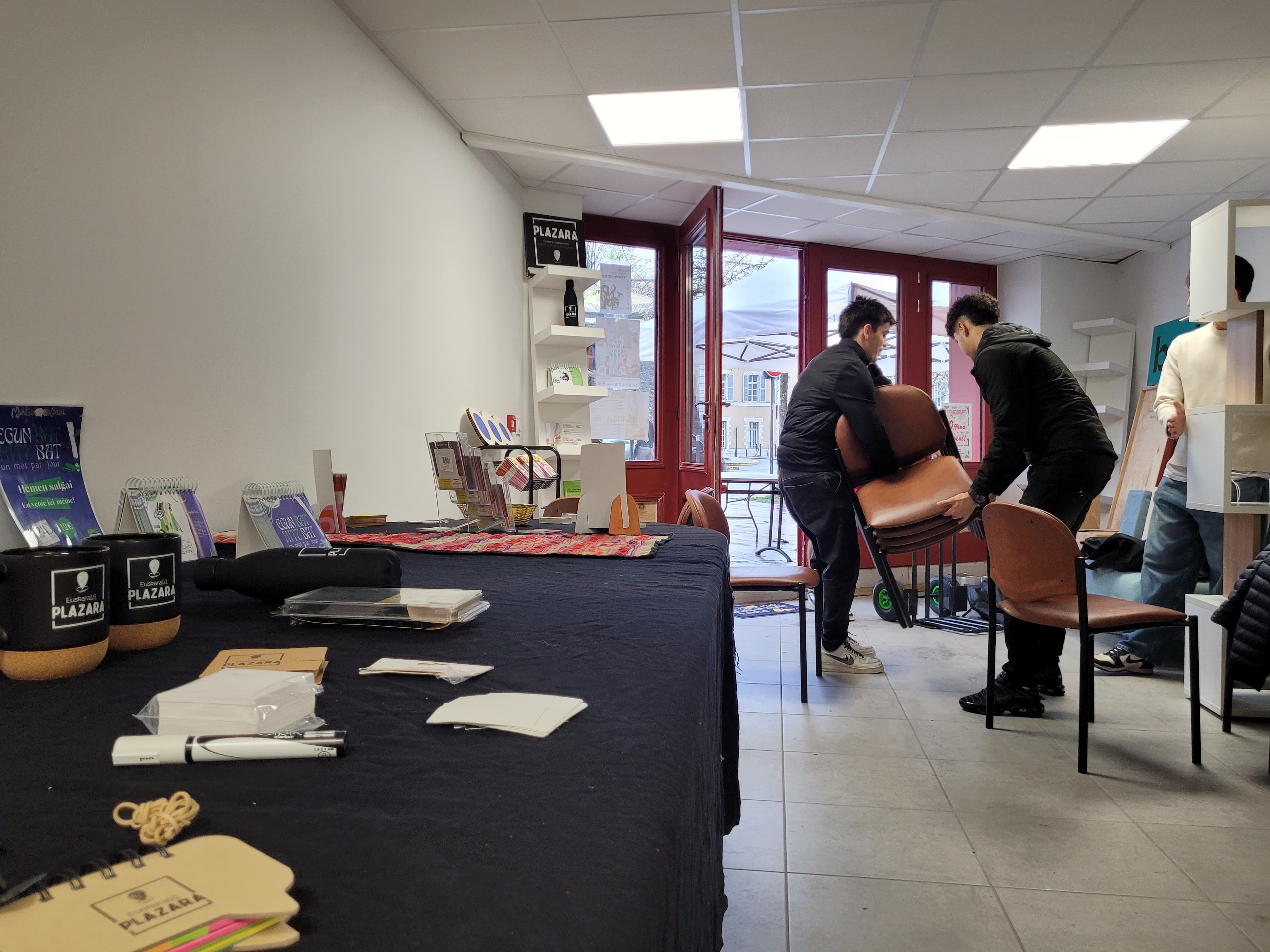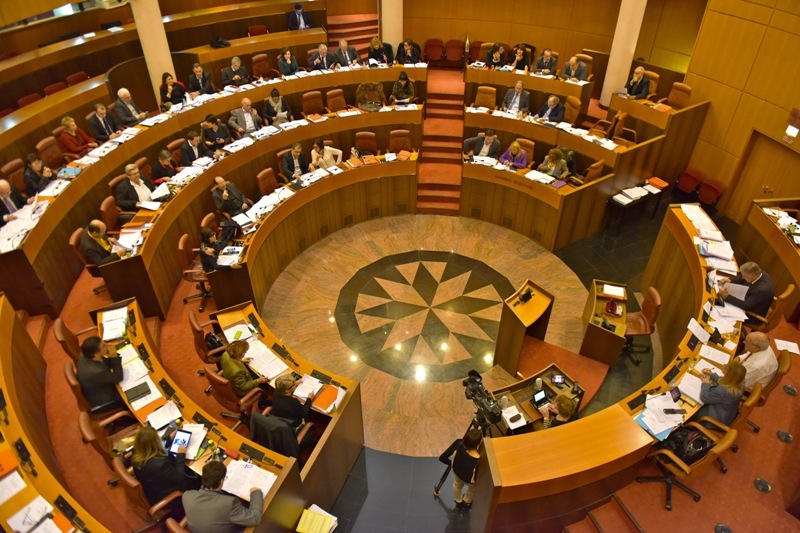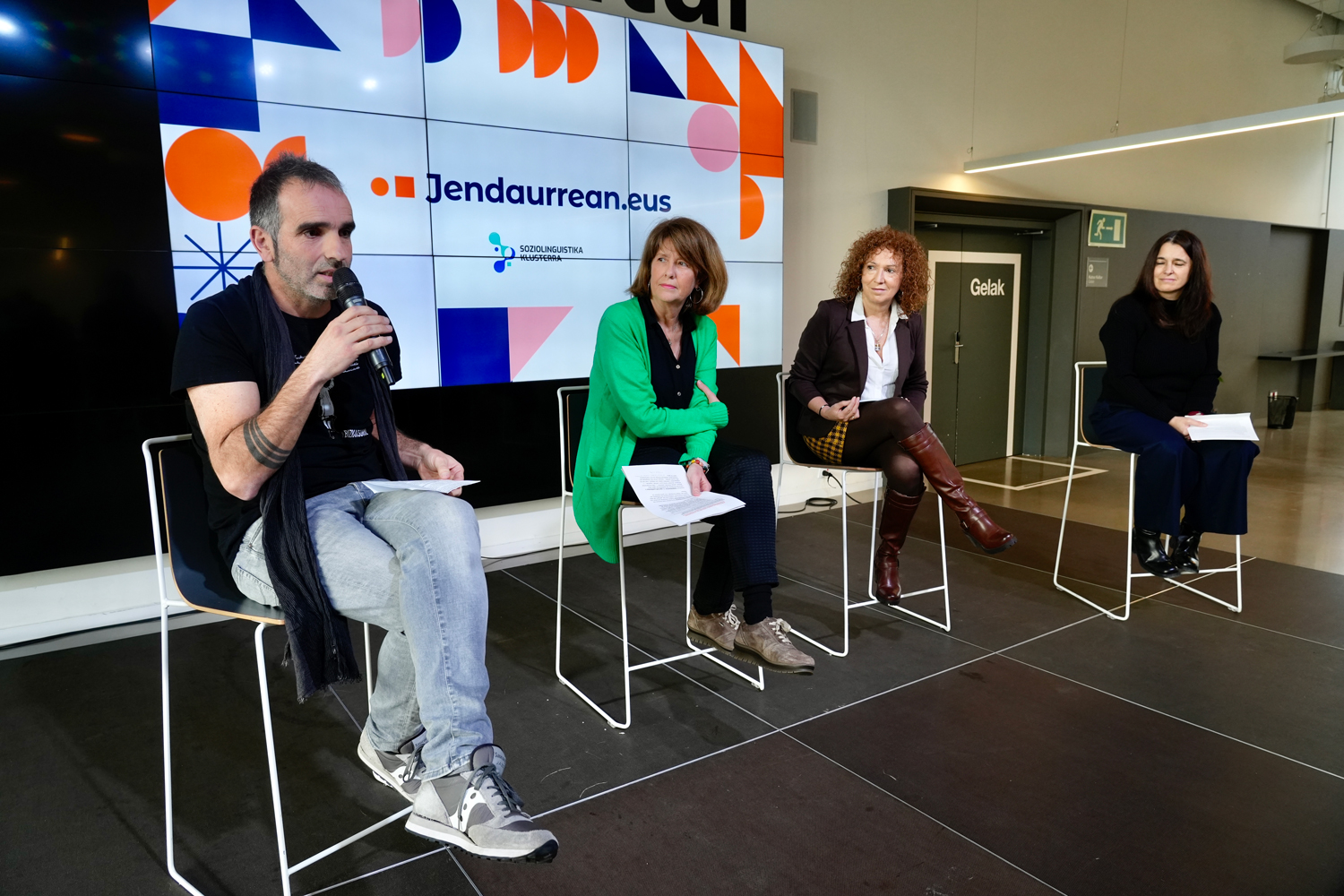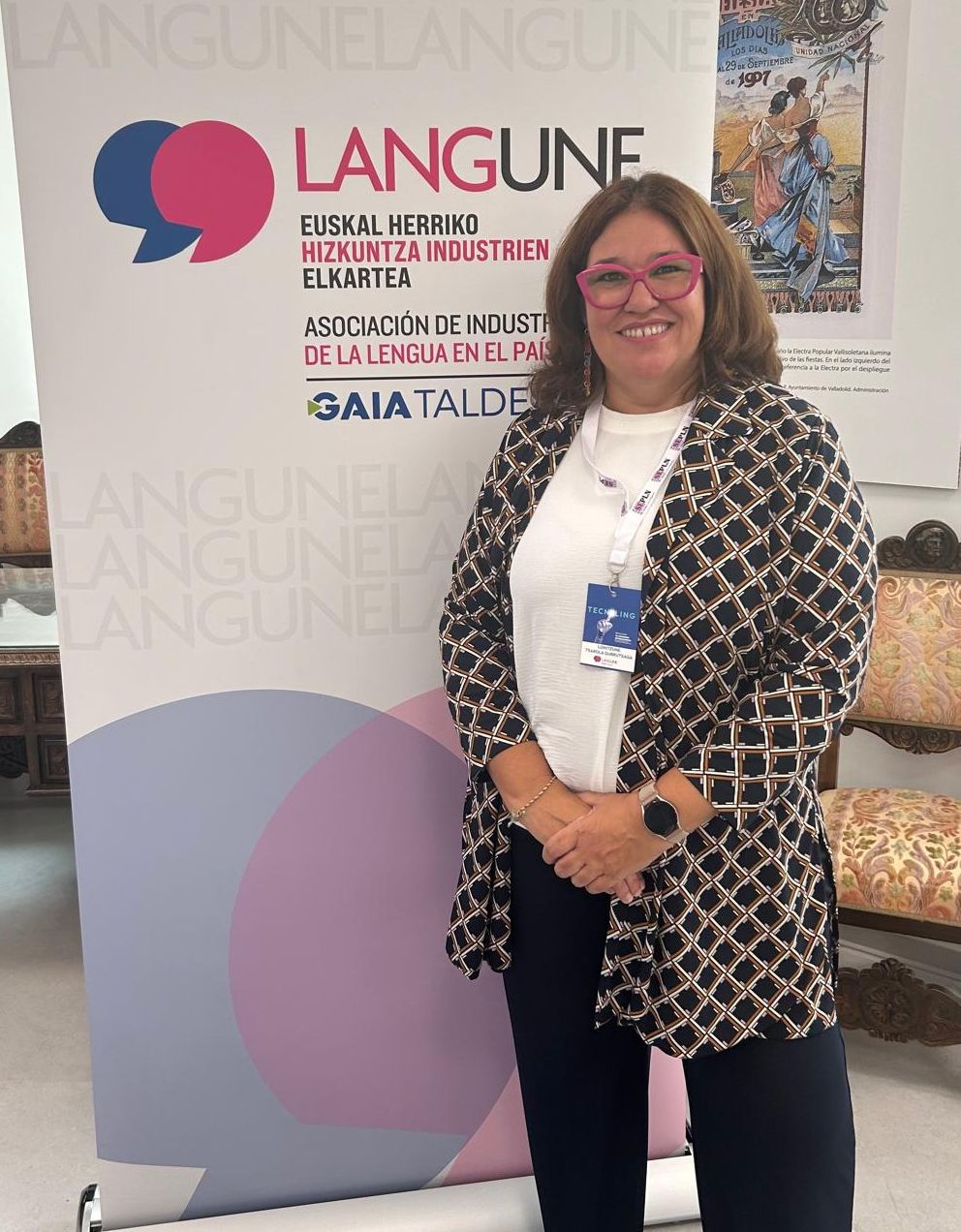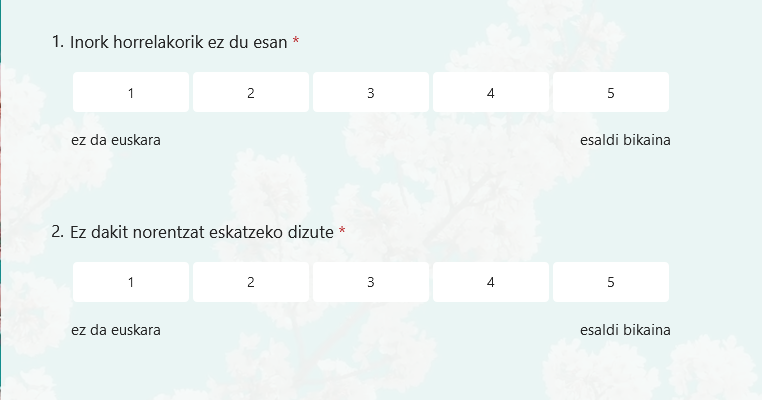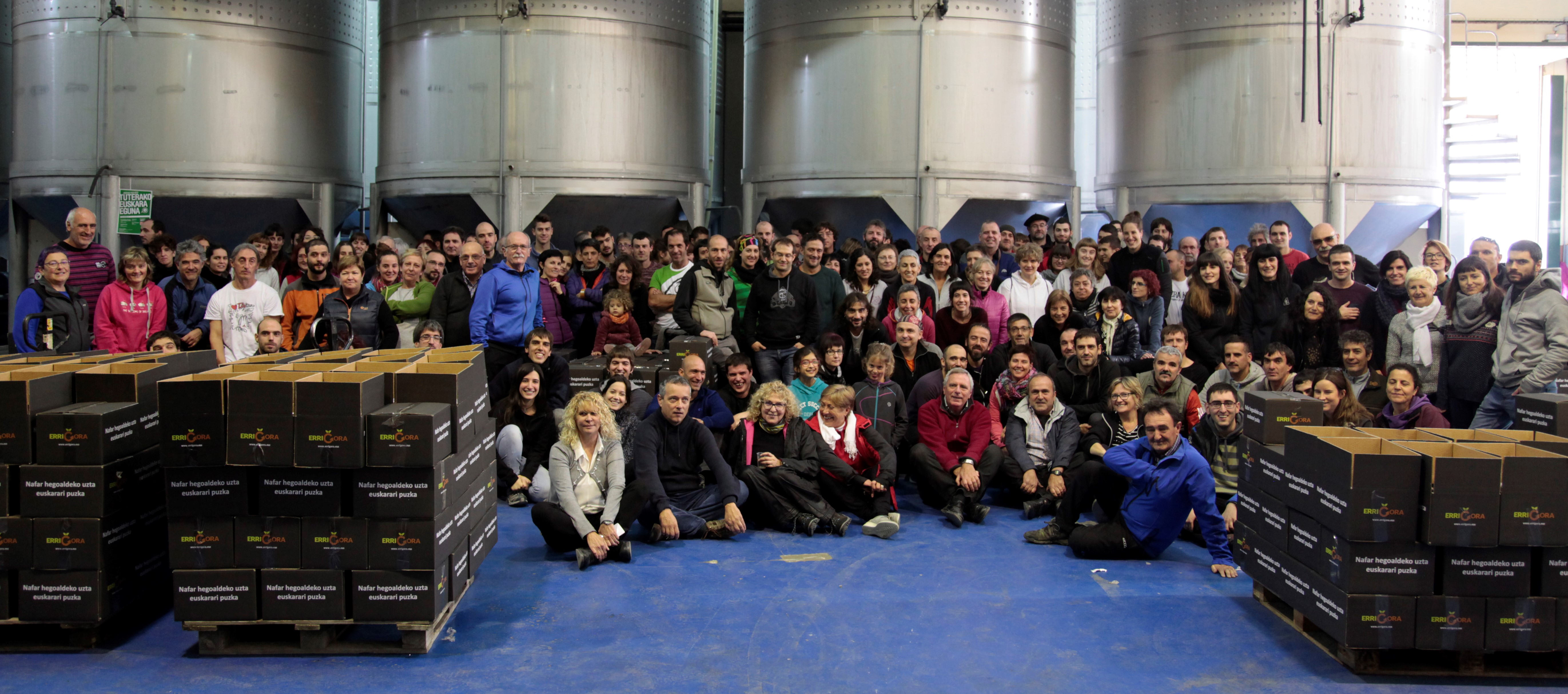The knowledge of the Euskera lightens the backpack, but not entirely
- Tarana Karim, Leocadia Bueriberi and Palmira Dual Jiménez are racialized women. The learning of the Basque country has opened all kinds of doors to them. However, the knowledge of the Basque Country has not led them to any part of society: they are still racist, different, external. They have more difficulty obtaining the Basque certificate.
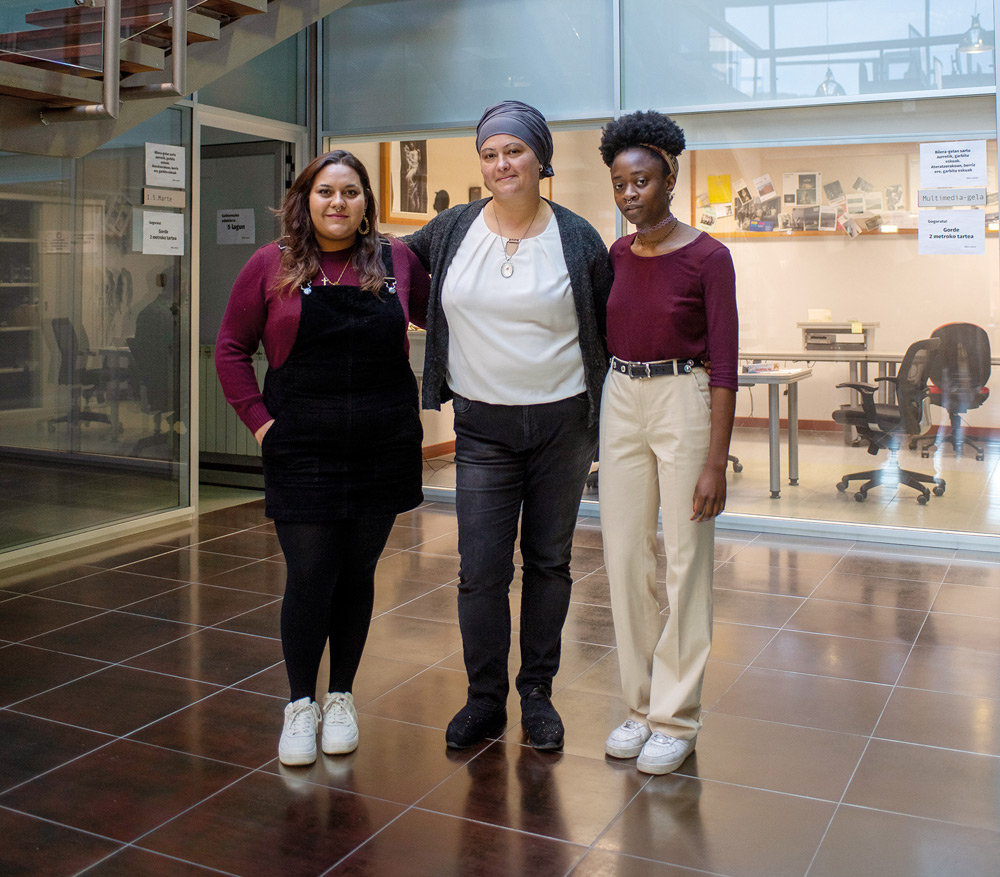
Palmira Dual Jiménez is Irundarra. She works at the Association of Gypsy Women in Gipuzkoa. Tarana Karim came from Azerbaijan years ago. Tolosaldea lives in the village of Hernialde in the region. Fight for women's rights and against racism. Leocadia Bueriberi is born in Equatorial Guinea and lives in Vitoria-Gasteiz. She is considered a racialized, feminist and antiracist woman.
The three participants participated in the Euskara conference on bidelagun feminism. The sessions were organized by Emakunde and the Vice-Ministry of Linguistic Policy of the Basque Government and the entire round table can be found on Youtube under the title Language, gender and other addictions. Here we have a summary of what has been said there.
Door opening
The lack of knowledge of the Basque Country is a limitation and they have told us how the doors have opened to new opportunities for years. The Basque Country has served to introduce itself more or less in the cultural, social, political and labor fields. Bueriberi has underlined the value of language for working and training in the public sphere. He feels that he participates in society, believes that it is more difficult to have a desire to approach Euskaldunes environments and landscapes without knowing the language. They feel privileged in the context of popular movements, as those who do not know Euskera are left out.
The options are yes, but in size. Karim wanted to clarify that channels of participation and opinion have been opened, that is, that they have the possibility of being spectators, but not of participating in decisions.
Euskera can serve to lighten the backpack. This is what happened to Dual. As a woman and gypsy, she carries many stones in her backpack and not knowing Euskera is another obstacle: “If you’re a woman and a gypsy and you don’t know how to speak in Basque, the picture is uglier. I feel privileged to participate in this country.”
Euskera is not the only key
Their language does not open all doors, the Basque language does not remove the traces of racism and makes them feel racist in everyday life, at work, on the street, in popular movements... Dual, compared to the unknown, uses a strategy to avoid many questions: she does not present herself as a Roma woman. Otherwise, I would have to answer questions of origin and customs or I would hear notes such as “Don’t Gypsy!” She is a gypsy, from here and has learned from Euskera: “They make me feel like I’m not out of here.” Karim talks about the load of wearing a scarf in his head. People have great difficulty relating the scarf to the Basque: “They are surprised because I am Basque. Am I not able to learn a language or what?” Karim says it's time to banish the stereotypes we have about racialized and migrated people. Despite Basque knowledge, they are still racist, different and non-Basque speakers. In line with stereotypes, Bueriberi feels on her skin how others decide what it should be, “and from there I can’t get out.” It denounces how society brings people together. The color of the skin or the melody it has when speaking in Spanish influences the construction of the image. He says that they consider it external: “I will always be external. Although I know the Basque, I have more difficulty with the Basque card”. It is considered Basque and, in the social imaginary, being Basque means being white, a clothing, some cultural characteristics… Thus, it believes that others do not consider it Basque.
Discriminating against those who do not know Euskera
Feminism demands that gender oppressions be placed on the table and that the path of fraternity be worked out. In recent years, this map has multiplied reflections to locate the Basque Country and the Basque culture. Disputes have sometimes been hot, with the obvious risk of crushing in categories. Bueriberi and Karim have followed this line. More than their testimony, they wanted to visualize the reality of the migrants who today do not know Euskera. They consider that in the feminist movement people who do not know Basque are discriminated against when calling, actions, debates in Basque. Bueriberi mentions, as an example, 8 March and 28 June: “It seems that those who do not know Euskera are not interested in these issues.” Karim asks how to reach migrated and non-migrated people who do not know Euskera, if only Euskera is used to reach them. He is also in favour of using Spanish and English.
There is a need for deep reflection: how to ensure that all kinds of oppression are taken into account, without neglecting, among other things, what the Basque Country and the Basque culture suffer? Mariluz Esteban, Saioa Iraola and Elurre Iriarte addressed this issue in Article 2717 of ARGIA, dedicated to the recognition of the Basque community by the erdaldunes.
Learning difficulties
Let us return to our three partners who have learned Basque. They remember that learning Basque is not in the priorities of the migrated people. The main challenge is to work and earn pay. Most migrated women are precarious, have many hours of work, work in different places, no contract. The presence of the Basque Country in the puzzle of precarious lives is very difficult. Besides precariousness, they mention the migratory trait: the need to mourn what they have left, the need to adapt to the new place. Many also have to learn Spanish, “compulsorily”.
Despite the time spent learning Basque, Karim is surprised at the economic cost of learning local language: “It’s the local language, but it doesn’t seem.” It is an old demand to be able to learn Basque for free, which has not yet been achieved.
The Council of Euskalgintza is warning of the linguistic emergency we have been experiencing in recent weeks. Several years have passed since the beginning of describing the situation of the process of revitalization of the Basque country at the crossing, at the roundabout, at... [+]
Lau egunez idekia izanen den merkatu bat antolatzen du Plazara kooperatibak euskararen aldeko beste hamar bat eragilerekin –horien artean ARGIA–.
Korsikako legebiltzarkideek ezin dute Korsikako Asanblean korsikeraz hitz egin, Bastiako Auzitegiaren 2023ko epai baten arabera. Ebazpen horri helegitea jarri zion Asanbleak, baina debekua berretsi du orain auzitegi berak. Epaiak tokiko beste hizkuntzei eragiten diela ohartarazi... [+]
Many times, after looking at the brumas from my house, it has occurred to me not to catch umbrellas, even though I know I will just soak up. Why will it be? Maybe you don't want to catch the umbrella? Maybe in the hope that I don't get wet? Nevertheless, the conclusion has always... [+]
I remember when I was 16 years old, the Ertzaintza first identified me in a concentration in favor of the Basque Country before the Bergara courts. We believed that in Euskal Herria it was legitimate to cry for the Euskaldunization of the courts, but then there would also be a... [+]
Andoni Urrestarazu Landazabal was born in the village of Araia on 16 July 1902 and died in Vitoria on 21 November 1993. It is now 31 years old and I think it is time to recognize his name and be, because the legacy he left is not well known. Umandi used the name of a mountain in... [+]









